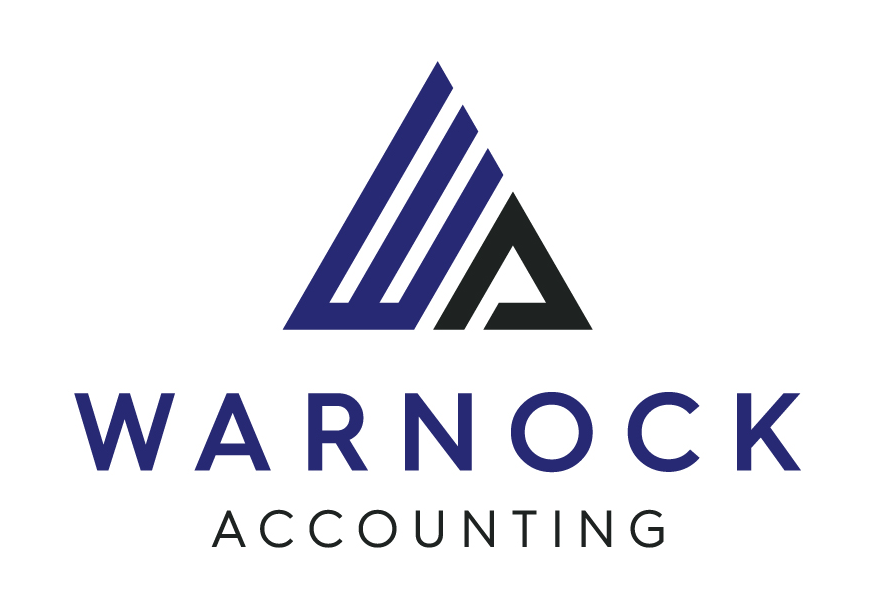Super contribution tax deduction
Author: Duncan Warnock CPA | April, 2015
As the sun starts to set on the 2015 financial year self employed sole traders should assess if there is an opportunity to minimise their tax for the financial year from a super contribution tax deduction. You may be able to claim a tax deduction for contributions you make to your super if you are not an employee or you only a small proportion of your income is from work as an employee)
An eligible individual can make concessional contributions of up to $30,000 a year if aged 48 years or under on 30 June 2014, and up to $35,000 for the year if aged 49 years or over on 30 June 2014 for the 2015 tax year. The tax deduction reduces your total taxable income and therefore reduces the amount of income tax to be paid.
As tax-deductible super contributions within the ‘concessional contribution threshold are typically subject to 15% tax within a super fund the amount of tax within the super fund from the contribution should be compared against the expected personal income tax saving by making the super contribution to assess if there will be a tax saving.
Illustrative Tax Comparison Scenario: Luke Warm is a self employed sole trader with expected net business income excluding super contributions of $100,000.
| Option 1 : Nil contribution to Superannuation |
| 2015 financial year income tax + medicare Levy payable on $100,000 = $26,947 ($24,947 Income Tax + $2,000 Medicare Levy) |
| Total Tax/Medicare Levy = $26,947* |
| Option 2 : $30,000 contribution to Superannuation where person meets all eligibility criteria required for super contribution tax deduction |
| An eligible super contribution of $30,000 can reduce the taxable income from $100,000 to $70,000. 2015 financial year income tax + medicare Levy payable on $70,000 = $15,697 ($14,297 Income Tax + $1,400 Medicare Levy) Plus 15% tax within the Super Fund on eligible concessional super contribution = $4,500 (15% x $30,000) |
| Total Tax/Medicare Levy = $26,947* |
*Note: The above scenario is illustrative only and does not take into account individual circumstances such as HECS debt, marital status and private health insurance.
The above scenario illustrates the potential of a significant tax saving. However its very important to clarify if your personal circumstances result in you meeting the relevant eligibility criteria of a super contribution tax deduction. Eligibility criteria includes variables such as amount of employee income earned and age. The Tax effect of a super contribution is impacted by factors such as the persons age, the amount of the super contribution and the top marginal tax rate the persons income would be assessed at.
Assuming you meet the eligibility criteria, If you want to claim a tax deduction for your personal super contributions, you must first notify your fund that you intend to do so. You must lodge a notice of intent to claim a deduction with your complying super fund provider by the earlier of the following:
the day you lodge your tax return for the year in which you made the contributions
the end of the income year following the one in which you made the contributions.
Contact Duncan Warnock CPA at Warnock Accounting today to schedule a tax planning consultation.

